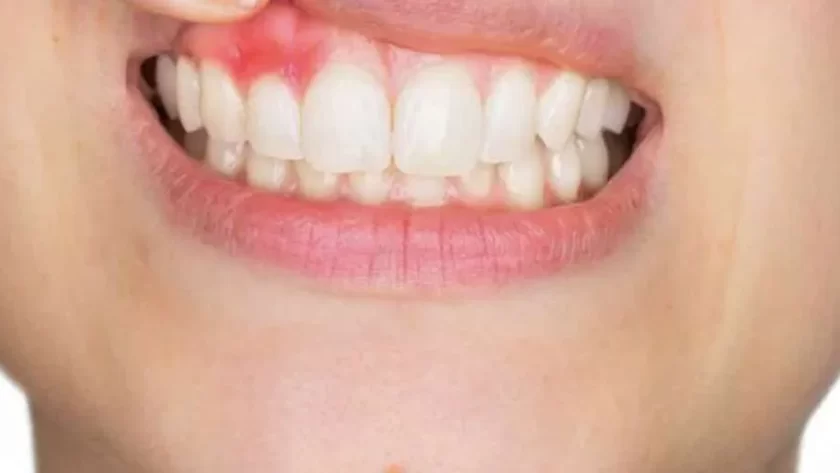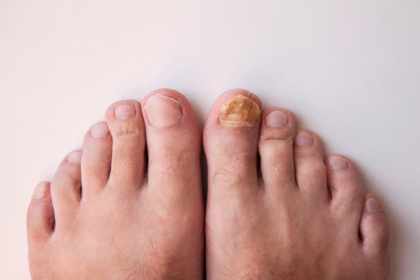A periodontist is one of the most essential dental professionals for maintaining good oral hygiene. You can avoid a lot of discomfort and visits to the dentist by being aware of their role and knowing when to seek help. Although periodontal treatments are common, not everyone knows the warning signs or understands why they should seek help. That is why it is important to retain an open line of communication with your dentist from Fairfield, ME dental office if you are having dental issues and wondering if you should consult a specialist.
Why do you need a periodontist’s help?
Like orthodontists and endodontists, periodontists are dental specialists who focus on a specific mouth area. People have a limited understanding of periodontics because they associate it solely with preventing and treating gum problems like gingivitis and periodontal disease.
It may not get as much attention as other fields of study, but that does not make it any less crucial. Knowing if you have gum disease and need specialized treatment is crucial to your oral health. While healthy gums are essential for keeping your teeth in place, severe gum disease can lead to other issues affecting your smile and jawline. The earlier you admit there is a problem and start seeking help, the better off you will be.
Stages in gum disease
While the early stages of gum disease may not seem like a big deal, advanced cases are much more challenging for even a professional to treat. Even if gum disease is successfully treated, it may return without diligent daily brushing and flossing.
The gums become red and swollen with gingivitis, the mildest form of gum disease. Dental cleaning and rinsing with an antibacterial mouthwash can eliminate the bacteria and debris that contribute to gum disease at this point, making treatment simple. It is unlikely that gum disease would reappear if the patient practices appropriate dental hygiene.
If you have swollen or red gums, you should immediately talk to your dentist about periodontal therapy.
Gum disease progresses to a more severe stage when pain, swelling, and bleeding during dental hygiene routines become more prominent. The professional must perform a “deep cleaning” operation of scaling and root planing to treat mild gum disease. The base of the teeth and the pockets around the gums are thoroughly cleaned, making this a more thorough form of dental cleaning.
When gum disease progresses to a severe state, your periodontist may recommend tissue grafts or even surgery to repair the damage. Even if they can fix the damage caused by gum disease, it may take a lot of time and effort.





